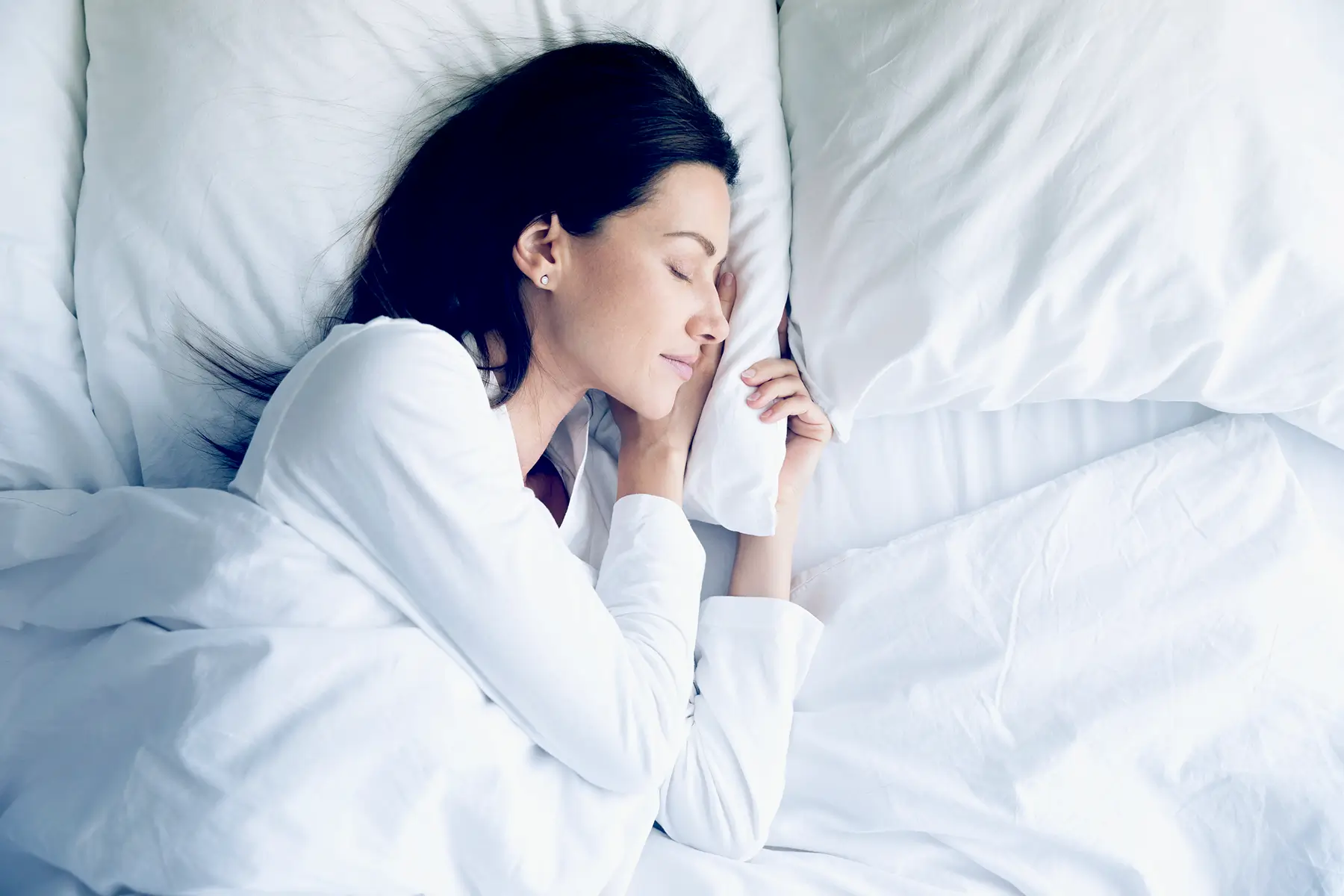How do the dose and timing of caffeine intake impact sleep?
Overview
- What did they test? The researchers tested the effect of consuming 100 and 400 mg of caffeine 12, 8, or 4 hours before bedtime on objective and subjective measures of sleep quality and whether the effects of caffeine on sleep were impacted by genetic factors.
- What did they find? Consuming 400 mg of caffeine had significant negative effects on multiple measures of sleep quality when consumed 12, 8, and 4 hours prior to sleep. The effects were more pronounced when the dose was consumed closer to sleep. The 100 mg dose of caffeine did not have a significant impact on any subjective or objective measures of sleep quality.
- What does it mean for you? Caffeine consumption has proven to be beneficial for improving several markers of cognitive health and function along with exercise performance. However, due to its mechanisms of action caffeine can interfere with sleep quality when consumed inappropriately.
The findings of this study suggest that caffeine dosage may be the most important factor when considering its impact on sleep quality. If trying to optimize sleep, it may be wise to avoid consuming larger doses of caffeine up to 12 hours prior to bedtime.
What’s the problem?
Purpose
Caffeine consumption has been shown to enhance exercise performance, cognitive performance, and is associated with lower rates of neurodegenerative disease 1 2.
Caffeine works to enhance alertness by blocking adenosine receptors in the brain which helps to regulate sleep/wake cycles 3. As a result, caffeine consumption has the potential to impair both the quality and quantity of sleep. While it is clear that caffeine does have an impact on sleep, there is currently a lack of evidence to determine how caffeine dose and timing can impact sleep and whether that may be influenced by genetics 4.
Therefore, the purpose of this study was twofold: 1) to determine how caffeine dose (100 mg vs. 400 mg) and timing (12, 8, or 4 hours before bed) impacted subjective and objective markers of sleep quality and quantity under controlled conditions; and 2) to determine if genetic polymorphisms in caffeine metabolism influenced its impact on sleep.
Hypothesis
The researchers hypothesized that both caffeine dose and timing would impact markers of sleep quality and quantity and this effect would be mediated by genetic factors.








